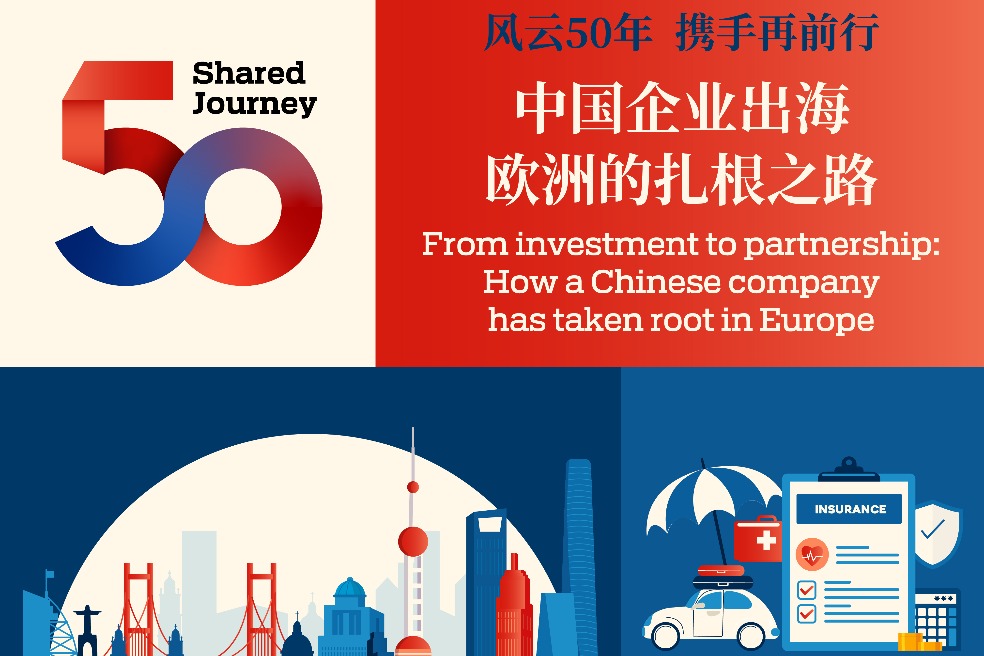Platform for protection
Singapore passes landmark Bill recognizing ride-hail, delivery gig workers as distinct labor class
Updated: 2024-10-08 09:51
Cost management
Pointing to the complexity of implementing the new platform workers law, Koh said the policy solutions may not be perfect.
"We will have to make trade-offs and accept that not all issues and gaps in the platform space can be fully addressed through this legislation alone," he said.
Illustrating these trade-offs, Koh noted how MPs had expressed concerns about the higher costs arising from the new law, but at the same time called for more protection that would drive up costs further.
"I raise this observation to make the point that where we have landed at this Bill today is a careful balance of the interests of the various stakeholders involved," he said.
Koh said there are measures in the law that prevent operators from passing on costs to workers. Market competition is also an important self-regulating force, as workers and consumers have the choice to switch platforms, he said.
He noted that added costs incurred by platform operators on work injury compensation and CPF can also be audited to counter any claims of profiteering.
"Platform operators will need to consider how best to manage the costs. Consumers, too, will have a role to play," he said, noting that the higher costs arising from the protection of platform workers are no different from the business costs that employers already incur.
"It is a leveling up of what platform operators ought to have been paying … It will also ensure a level playing field for companies operating in Singapore to compete fairly in terms of business costs," Koh said.
He warned platform operators against reflecting and charging these added business costs through a separate fee component, calling it "disingenuous". "Such a move would be tantamount to passing the costs directly to customers," he added.
Koh noted how MPs like Gan Thiam Poh had asked if the government would consider reducing the phase-in period for higher CPF contributions.
While Koh said he shared the sentiment that CPF contributions are very important, he noted that the five-year transition period was a careful decision made after considering the impact on take-home pay for workers, the cost impact on platforms, and how these costs may be passed on to consumers.
The five-year period will moderate the impact on various stakeholders and give the market time to adjust, he added.
Similarly, he said allowing older platform workers to opt in for the new CPF scheme reduces the administrative burden on platform operators and workers, compared with an opt-out system.
"It's not just one operator that has to make system changes, or (bear) administrative costs. All the apps that this person has signed up with, even if it's an app that he uses very infrequently, would have to, then, also reflect that same CPF opt-in or opt-out status," Koh later said.
























